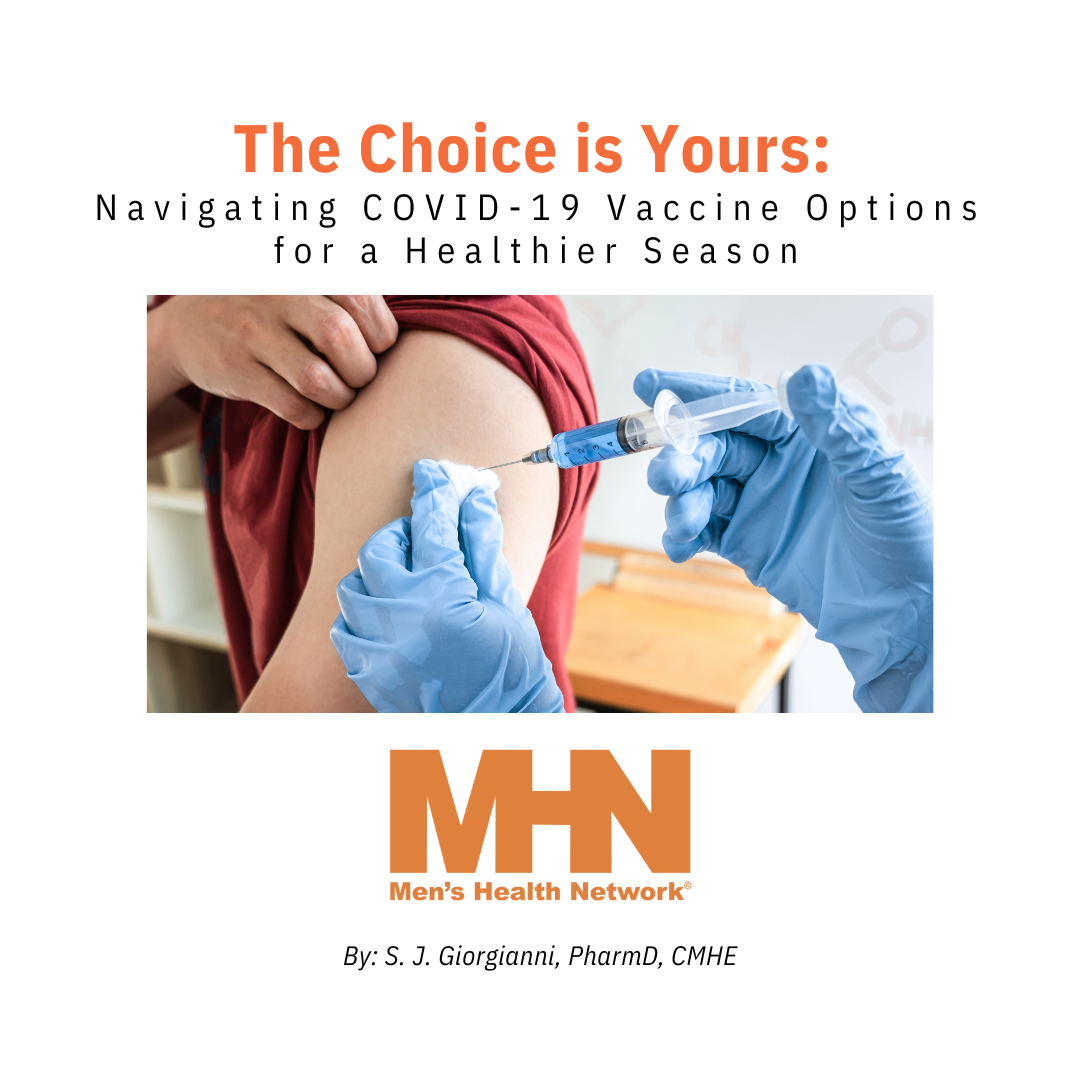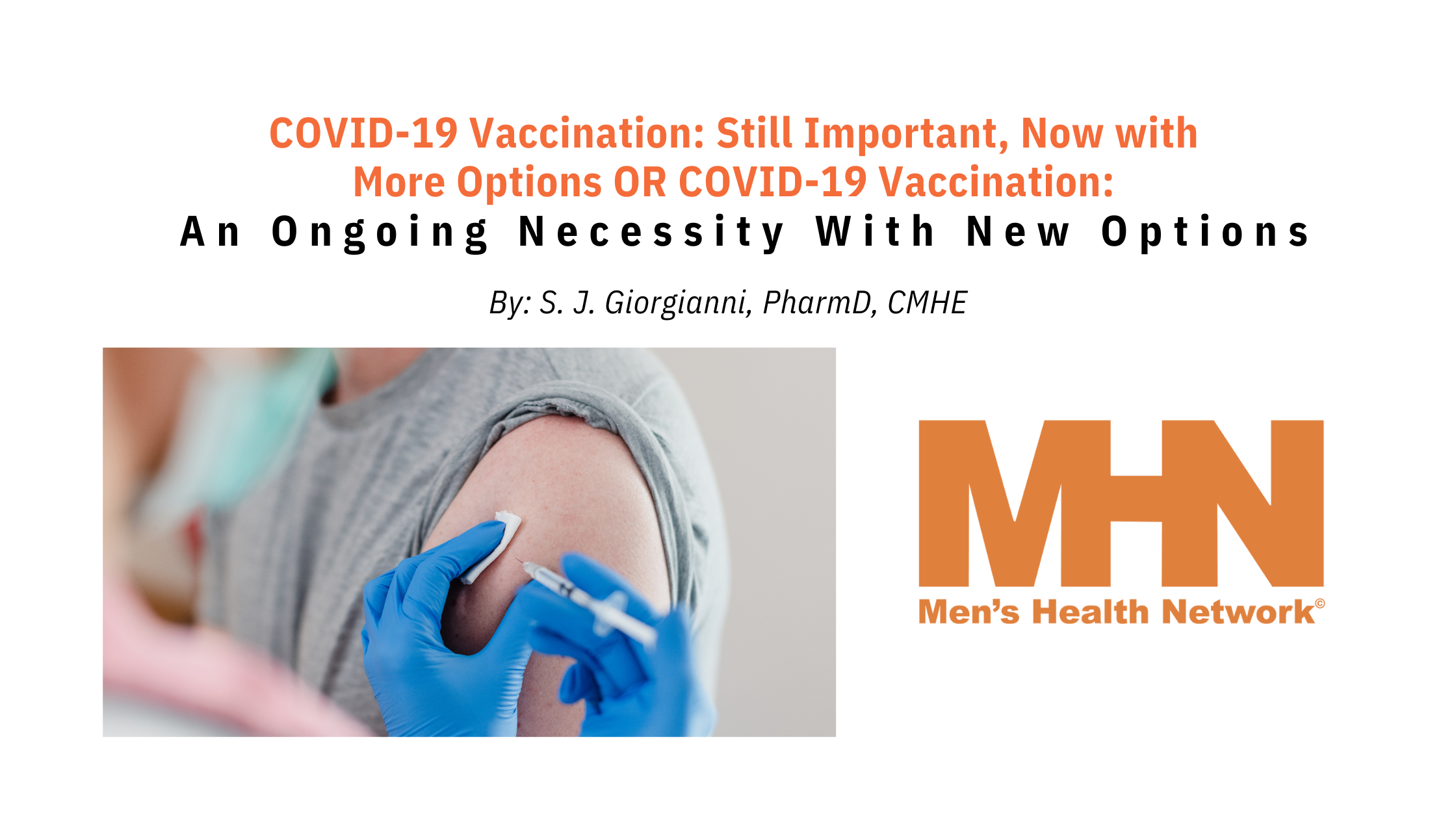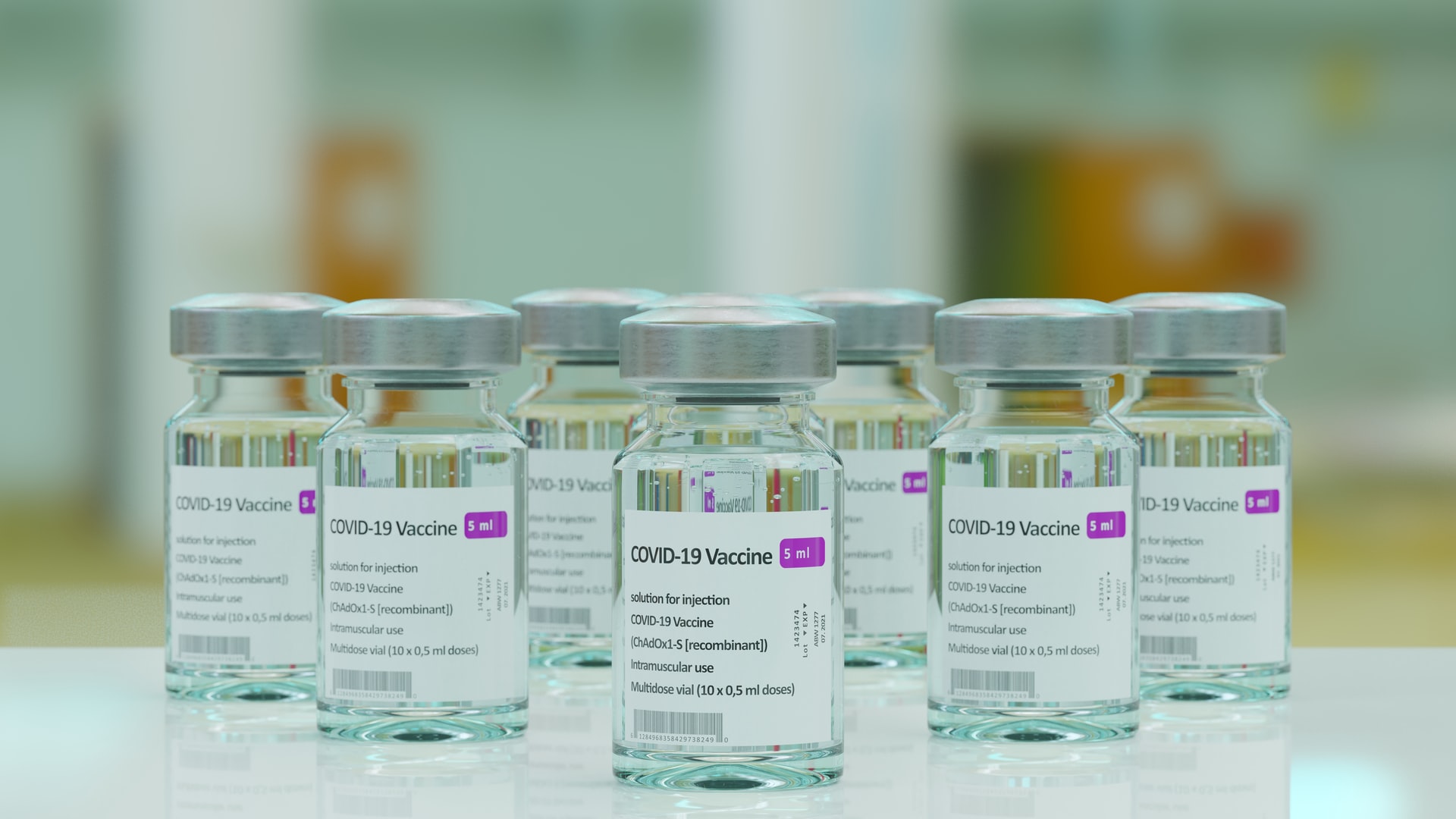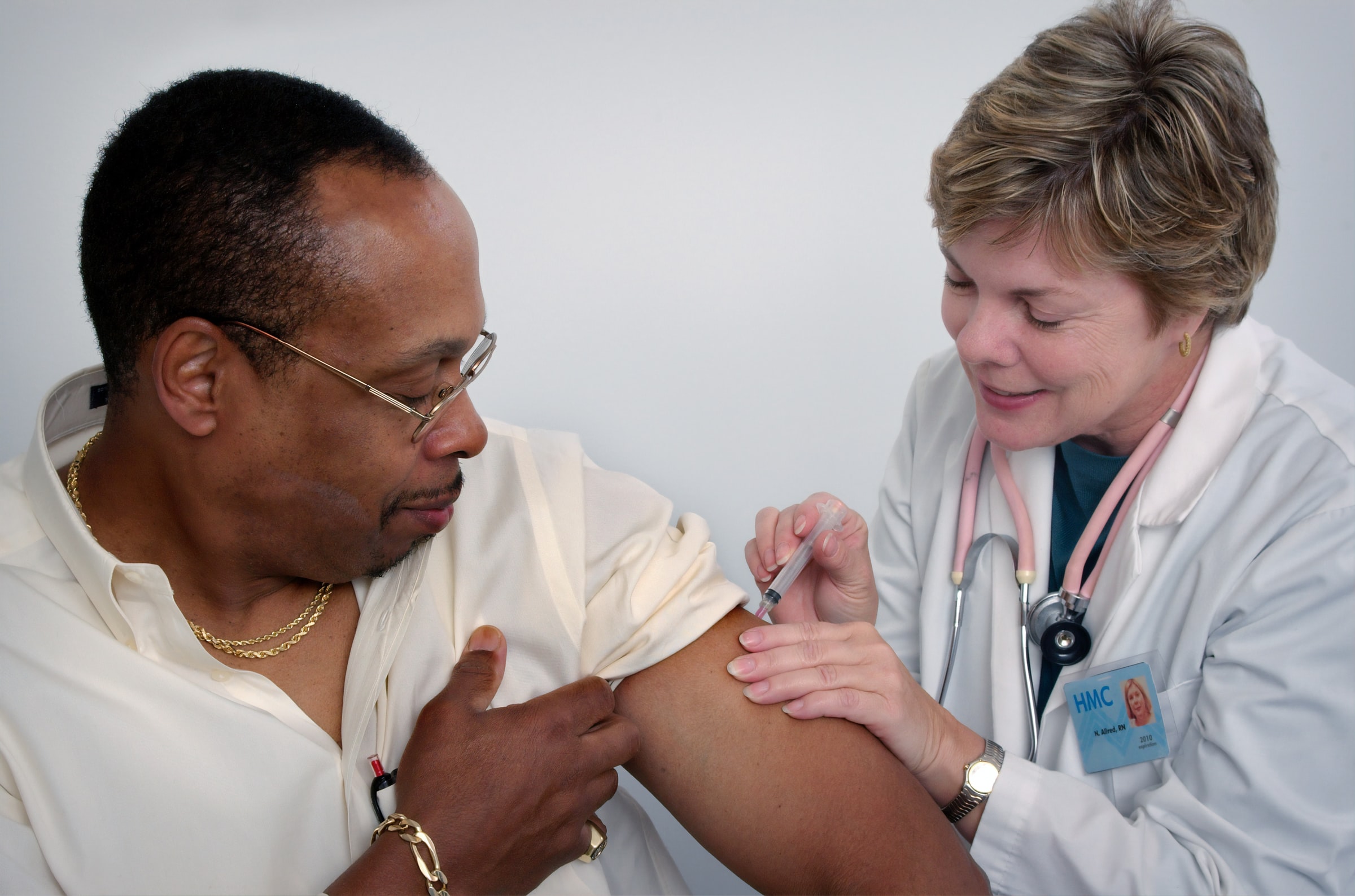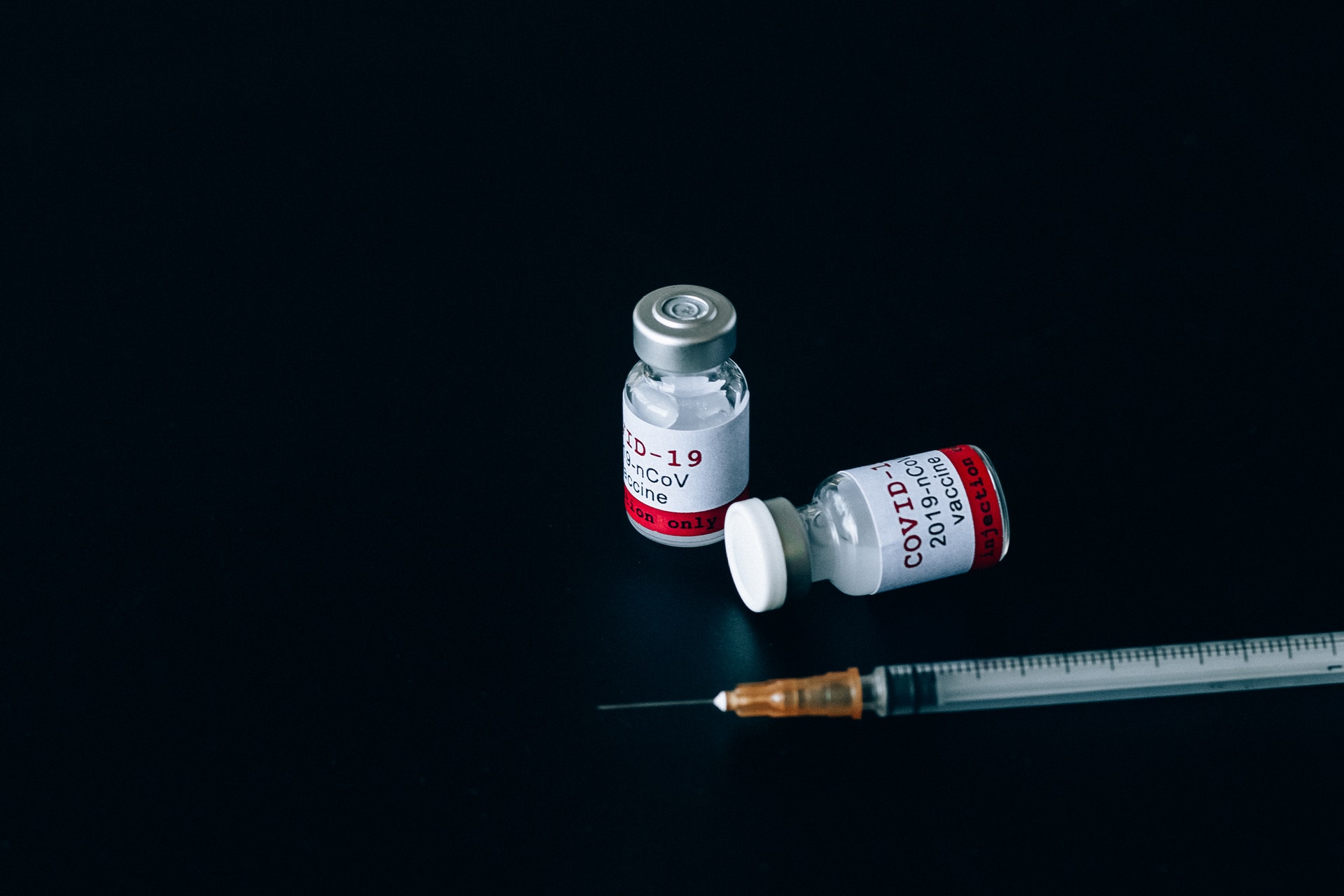At Men’s Health Network, we believe in empowering men to take charge of their health. When you make a choice that’s right for you, you’re not only protecting yourself—you’re also supporting the health of everyone around you. We encourage you to explore your options, stay informed, and make the health choice that works best for you. Remember, this holiday season, the choice is yours.Continue reading
Tag: COVID-19
COVID-19 Vaccination: Still Important, Now with More Options OR COVID-19 Vaccination: An Ongoing Necessity With New Options
While the situation is less dire than it was four years ago, COVID Variants continue to pose significant health risks, particularly for vulnerable populations. The virus may not reach epidemic proportions in the US, but localized outbreaks can still occur unexpectedly. At Men's Health Network, we believe it's crucial to provide you with the facts and perspectives to make an informed choice for yourself and your loved ones. As we navigate the ongoing presence of COVID-19 in our lives, many men are still grappling with the decision to continue or begin vaccination. Continue reading
Booster Vaccinations: An Important Tool to Continue COVID-19 Protection
Men’s Health Network (MHN) applauds the recommendations from CDC and NIH announced on August 18, 2021, to make COVID-19 booster vaccinations available for those who are at higher risk of COVID-19 infections, including nursing home residents, health-care providers, and those over 65 years of age. These were the majority of those to first get vaccinated...
Leading Causes of Death and Greater COVID-19 Impact on Men in the U.S.
As life starts to return to a “new” normal from the COVID-19 pandemic, we are coming to a point where the number of COVID-19 cases are increasing, but more and more individuals are able to receive the COVID-19 vaccine in the U.S. Over the course of the pandemic, we have seen COVID-19 take the lives...Continue reading
Indigenous Erasure Places Natives in the Path of Pandemic Hardship
The COVID-19 pandemic has overwhelmed minority communities chronically neglected by the healthcare system. The incalculable impact on Alaska Native and American Indian (AN/AI) communities exemplifies all too well the consequences of indigenous erasure on pandemic resiliency and recovery.
Fighting for Health Equity Year ‘Round: National Minority Health Month
April is National Minority Health Month, making it the perfect time to focus on the often-significant disparities in health and wellbeing that affect racial and ethnic minorities across our country. But it’s important to remember that these inequities exist every single day of the year, not just in April. What do we mean by “disparities”...Continue reading
Researchers test ways to encourage healthier lifestyle in African-American men
African Americans could expect to live 14.6 fewer years than white Americans in 1900 but the gap between the lifespan of African American men and white men was slightly smaller at 14.1 years. By 2015, the gap for both sexes had shrunk to 3.4 years, based on Centers for Disease Control statistics, though the gap...
Getting your COVID-19 vaccine is smart and good for public health. Do it.
This past year has brought so much uncertainty and hardship to so many people throughout the world due the ongoing coronavirus pandemic. According to the Centers for Disease Control and Prevention (CDC), as of Wednesday, March 10, 2021, there have been roughly 29 million cases and just over 526,000 deaths in the United States of...
COVID-19 isolation contributes to mental health issues for men and boys
COVID-19’s isolation may be necessary for physical health, but it’s causing a torrent of mental health problems for boys and young men that are worsening as the pandemic drags on. Family members, friends and work colleagues can play an important part in monitoring the mental health of the men and boys they care about. The...Continue reading
Rural men more vulnerable to COVID-19
The COVID-19 pandemic has created a double whammy for rural men: Their access to medical care is often difficult because of long distances to travel for treatment, and they are less likely to have access to high-speed internet for telehealth visits. Even before the pandemic, healthcare for rural men had unique challenges. For the approximately...Continue reading

